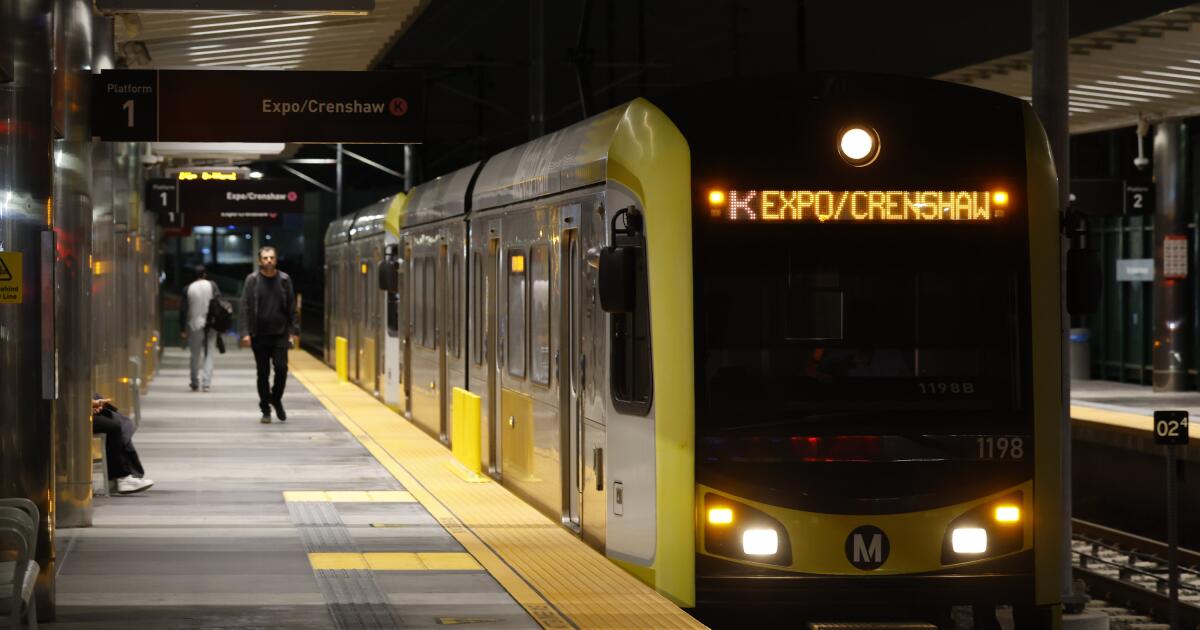UPDATE: A historic housing bill, Senate Bill 79, is now on Governor Gavin Newsom’s desk, creating an urgent situation as cities scramble to understand its implications. If signed, this legislation could radically transform neighborhoods across Southern California, allowing for significantly taller residential buildings near public transit.
Residents like Brendon Gerisch, who bought a four-bedroom home in Westchester, are grappling with the potential changes. “I feel like I’ve been blindsided,” he stated, as upzoning could permit five-story buildings on formerly quiet streets. This bill, aimed at boosting housing production, has sparked intense debate among homeowners, developers, and city officials.
Under SB 79, developers could construct up to nine-story buildings adjacent to subway stations and six stories within a half-mile radius, overriding local zoning laws. Critics argue this could lead to gentrification and displacement, particularly in low-income neighborhoods. “The loss of more rent-controlled housing is not going to solve our housing crisis,” warned Larry Gross, executive director of the Coalition for Economic Survival.
As the clock ticks, cities are assessing the bill’s impact. L.A. could see significant changes, with an estimated 150 transit stops affected. The legislation’s complexity, featuring numerous exemptions and deferrals, makes it difficult for residents to determine whether their properties are included. Cindy Chvatal of United Neighbors criticized lawmakers for failing to provide a clear map of affected areas before the vote.
Supporters of SB 79, including YIMBY Action, argue it addresses urgent issues like climate change and a housing crisis. “The only way to get that access is building more houses by transit stops,” said spokesperson Matt Lewis. However, city leaders are pushing back, with some, like Mayor Karen Bass, urging Newsom to veto the bill, calling it a “one-size-fits-all mandate.”
The bill’s potential to upzone historic districts has also raised concerns. It would allow demolitions of well-preserved homes unless communities seek a five-year delay. Many worry this could erase the character of established neighborhoods.
As cities prepare to navigate these developments, the clock is ticking on Newsom’s decision. Should he sign SB 79, it will initiate a complex transformation of housing regulations across California. Homeowners, renters, and city officials must stay informed as they brace for the potential impacts of this landmark legislation.
Stay tuned for updates on this developing situation. The urgency of housing reform in California is at an all-time high, and residents are anxious to see how their communities will be affected.
